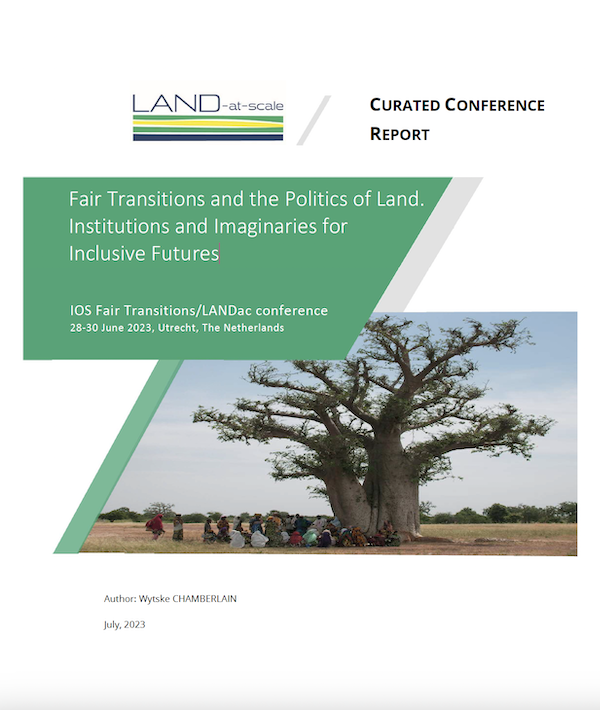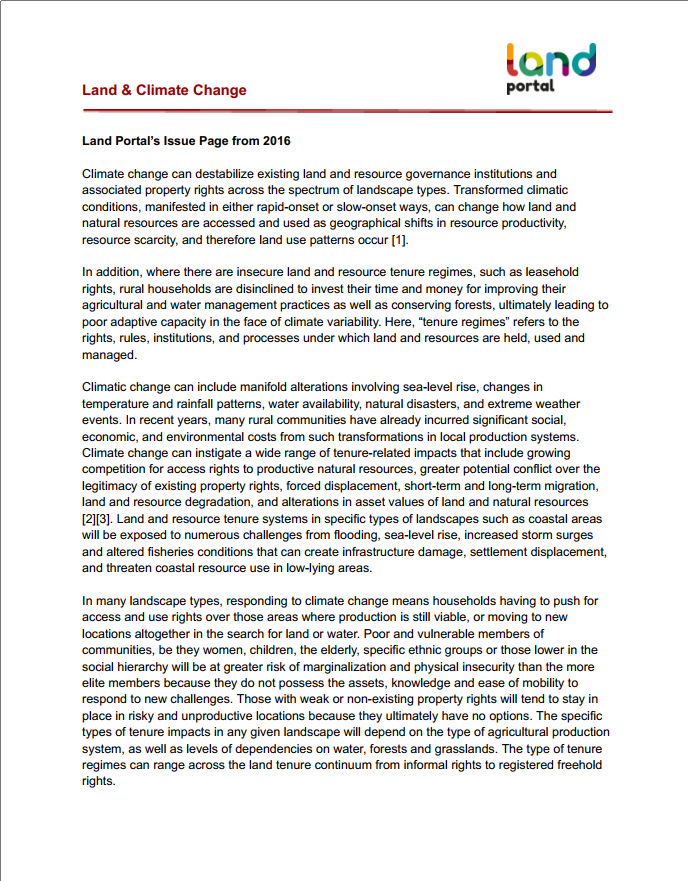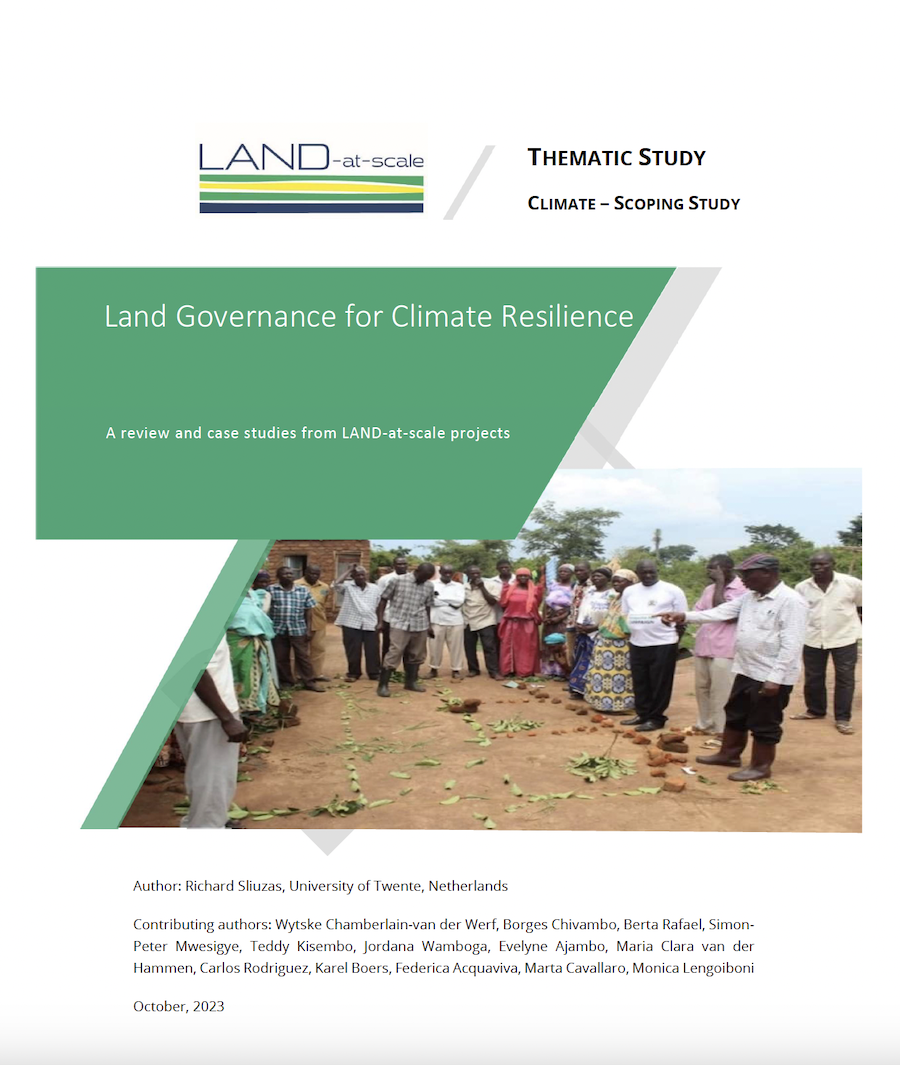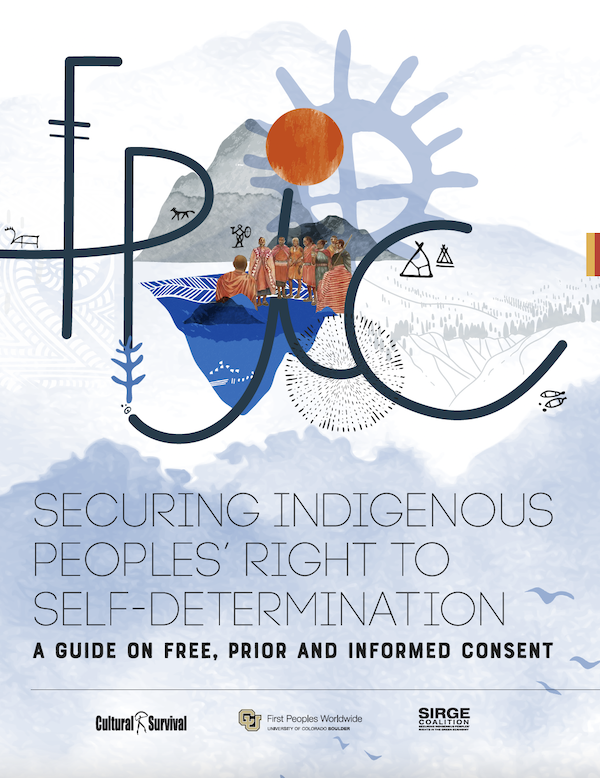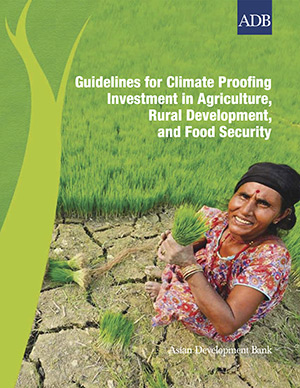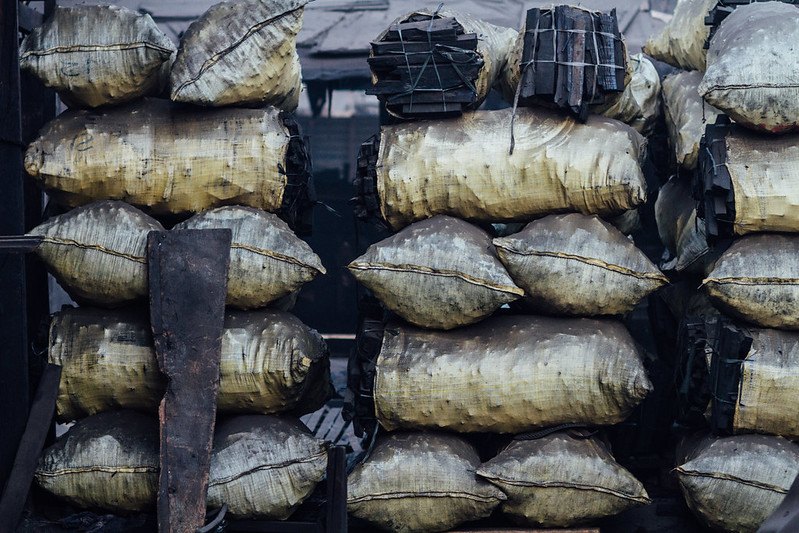En defensa de Nuestros Derechos
The native communities of San Martín and its representative organizations face innumerable challenges in relation to their lands and territory, environment, governance, identity, justice and physical integrity, among others. For many years the land titling process was stagnant due to lack of funding, but today, with the presence of several projects that have considerable sums destined to the degree, the natives are be prepared and trained in this subject, as well as in the multiplicity of issues that challenges them.




